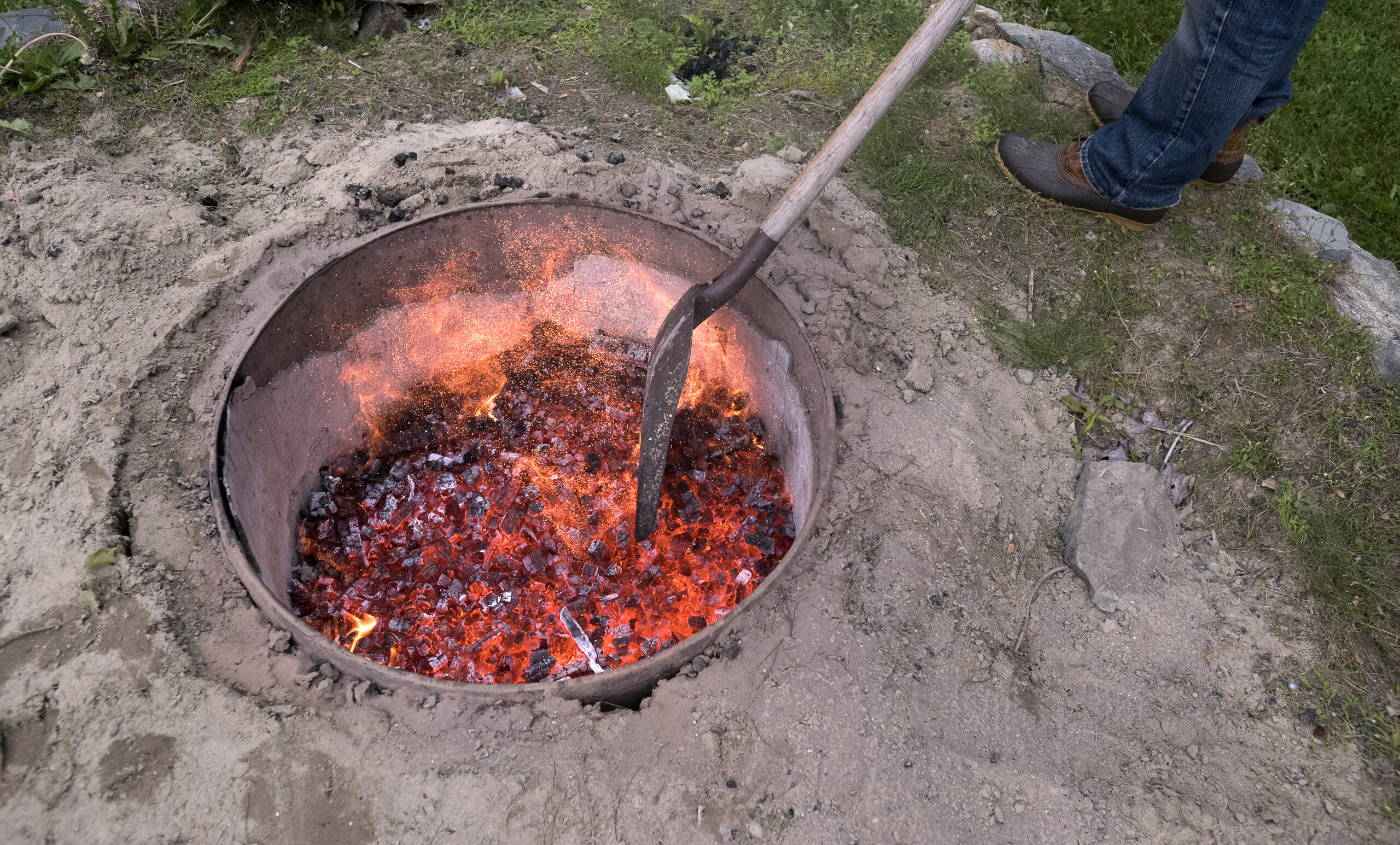
HOULTON, Maine — Terry Hemmingway of Hartford, Conn., can still recall the sweet, slightly smoky taste of the favorite dish of her childhood.
“To me, they remind me of summer at the lake, of relatives coming home and family reunions,” she said, speaking of bean-hole beans. “Nothing reminds me of comfort foods like bean-hole beans.”
Hemmingway said Thursday that she grew up in Houlton traveling each weekend to a camp on East Grand Lake that still remains in the family.
Bean-hole beans get their name because they are baked in a hole in the ground. For hundreds of years, the Penobscot Indians of Maine cooked their food in a hole in the ground, according to the Library of Congress.
Hemmingway said that bean-hole beans became a treat at “camp” several times a summer, especially when guests were coming.
“My grandfather, especially, loved to dig a hole in the ground,” she said. “We’d fill it with the stones and put in the beans. I loved navy beans, but usually we used the yellow eye beans. We’d put them in and they’d cook overnight and by the time the company arrived the next day, they would be so tender and delicious. I can still taste them right now.”
Peter Hagan of Houlton also recalls the tradition of bean-hole beans. The 65-year-old said that his family reserved the dish as a treat to be eaten only sparingly, such as during family reunions at his grandparents’ home.
“Both my grandfather and my aunts were wonderful cooks,” he said Thursday. “They both had a ‘secret’ recipe for it that they eventually passed down to my sisters. I didn’t really like the recipe as much when I was a kid because I thought my grandfather used too much mustard, but thankfully, it has grown on me.”
Hagan said that he is also thankful that his aunts have taken the time to pass their cooking skills down to the younger generations of the family.
“My children know how to make the bean-hole beans,” he said. “And I am sure that my grandchildren will, too.”







